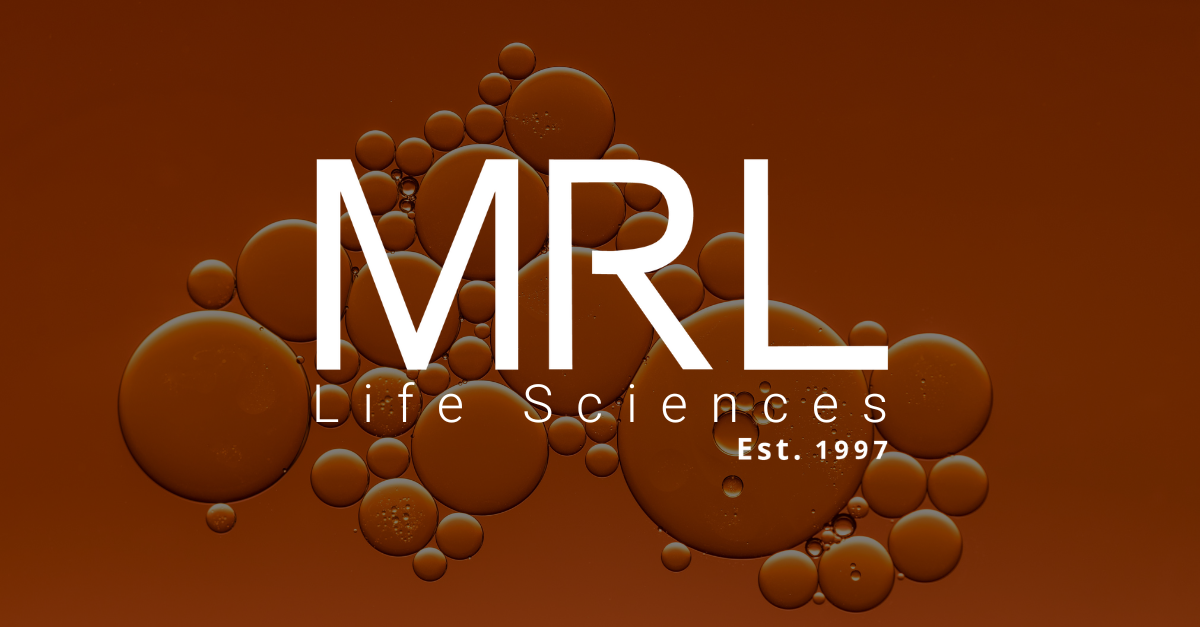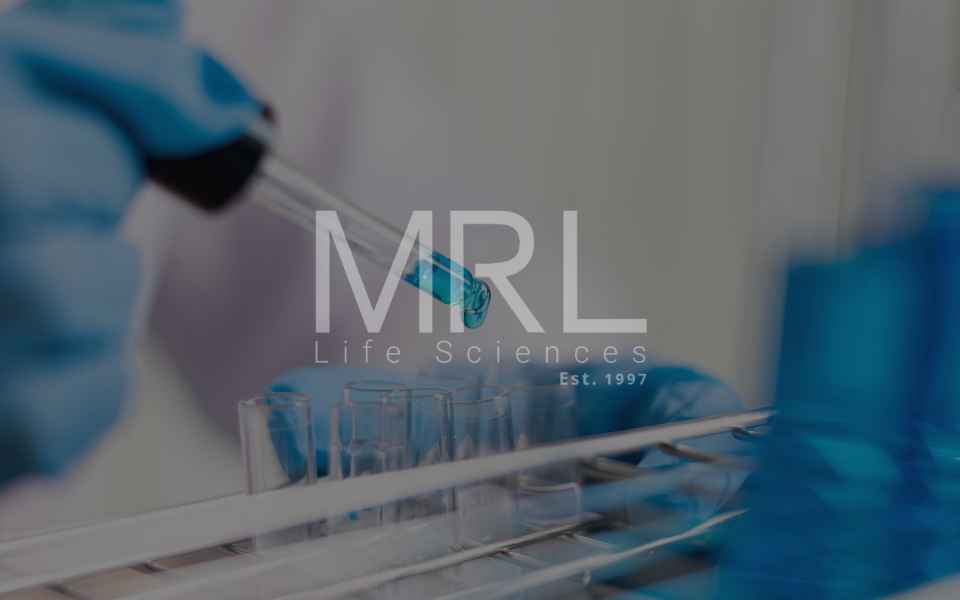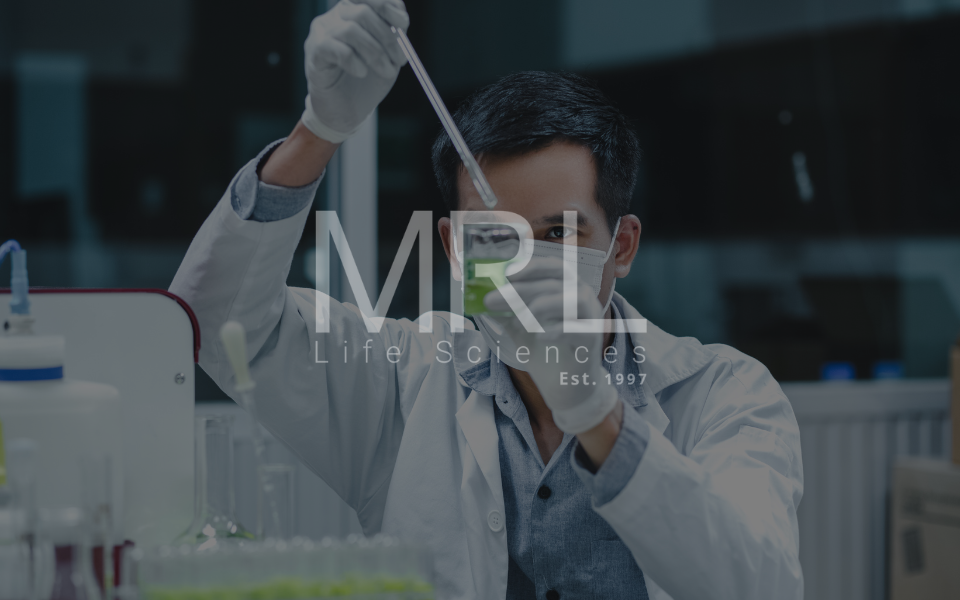The Benefits of Automation in Pharmaceutical Manufacturing
27 Sept, 20237 minutesPlayers in the pharmaceutical industry are always striving for innovation, increased efficie...

Players in the pharmaceutical industry are always striving for innovation, increased efficiency, and improved healthcare outcomes. One way this can be achieved is through automation, especially in pharmaceutical manufacturing.
In this domain, automation can offer numerous benefits ranging from improved pharmacovigilance to quicker drug discovery. In this article, we explore the transformative potential of automation in pharmaceutical manufacturing.
What Potential Benefits Can Automation in Pharmaceutical Manufacturing Bring?
Automation offers numerous benefits in pharmaceutical manufacturing, including improved administration and pharmacovigilance, the ability to produce personalized medication, increased efficiency in the drug discovery process, and the potential to make decentralized clinical trials a reality.
Automation can Benefit Administration & Pharmacovigilance
In pharmaceutical manufacturing, it is imperative that companies keep accurate records about everything. Automation can offer benefits such as streamlined data management, improved document control, enhanced quality control, real-time reporting and analytics, simplified adverse event reporting, efficient signal detection and risk management, compliance and audit support, and optimized supply chain management.
This would offer increased efficiency, a reduction in errors, and enhanced patient safety, and it would enable proactive risk management. Validated, well-maintained, and regularly updated automation systems are essential to meet regulatory requirements and industry best practices.
Automation can Make Personalised Medications a Reality
Automation can make significant contributions toward the realization of personalized medicines. By leveraging advanced technologies and automated systems, several key areas can be enhanced.
In the field of precision formulation, automation enables the precise measurement and mixing of ingredients to create customized medications tailored to individual patient needs. Flexible production capabilities allow for efficient manufacturing of small-scale personalized medications, accommodating varying formulations and dosages. Integration of patient-specific data into automated systems ensures that medications are produced based on individual characteristics (like genetics) and requirements.
Automation can enhance quality control processes, detecting errors and ensuring the accuracy and safety of personalized medicines. Moreover, by optimizing supply chain logistics, automation could facilitate the efficient delivery of personalized medications to patients. With these contributions, automation has the potential to accelerate the development and availability of personalized medicines, advancing patient care and treatment outcomes.
Automation Can Allow for Decentralized Clinical Trials
Automation can play a pivotal role in facilitating decentralized clinical trials by streamlining various aspects of the process. Patient recruitment can be improved through automation by leveraging digital platforms and machine learning algorithms to identify and reach out to potential participants who meet specific trial criteria.
Electronic data capture systems automate the collection and management of patient data, reducing errors and providing real-time access to information from decentralized trial sites. Remote monitoring tools, such as wearables and connected devices (powered by the IoT), can automatically collect patient data, enabling continuous monitoring of health parameters and adherence to trial protocols.
Automated data analysis algorithms can quickly analyze large datasets, identifying patterns, safety signals, and treatment efficacy in real-time. Furthermore, automation can streamline regulatory compliance by ensuring that documentation and protocols adhere to guidelines.
Automation can Speed up Drug Discovery
Automation has the potential to accelerate the drug discovery process through several key mechanisms. Automated laboratory robotics can rapidly screen large libraries of compounds, allowing for high-throughput testing and analysis. Machine learning algorithms can analyze vast amounts of data to predict and prioritize potential drug candidates. Automation enables the synthesis of compounds through automated chemistry platforms, reducing time and manual labor.
Additionally, automated data analysis tools can quickly identify promising compounds and optimize their chemical properties. Moreover, automation can also be used to analyze current drugs that are used to treat other ailments. By analyzing data, automation can determine new potential applications for these drugs, expanding their therapeutic potential and repurposing them for different diseases or conditions.
Interested in Pursuing a Career in This Area?
Are you considering a career in the dynamic life sciences industry? Your search ends here! At MRL, we specialize in collaborating with prominent pharmaceutical companies and key players in the life sciences field. Whether you're seeking your next career challenge or exploring exciting job opportunities in this rapidly evolving industry, our dedicated team of recruiters is committed to supporting you throughout the entire process. Get in touch with us today and discover how we can assist you in achieving your professional aspirations.





